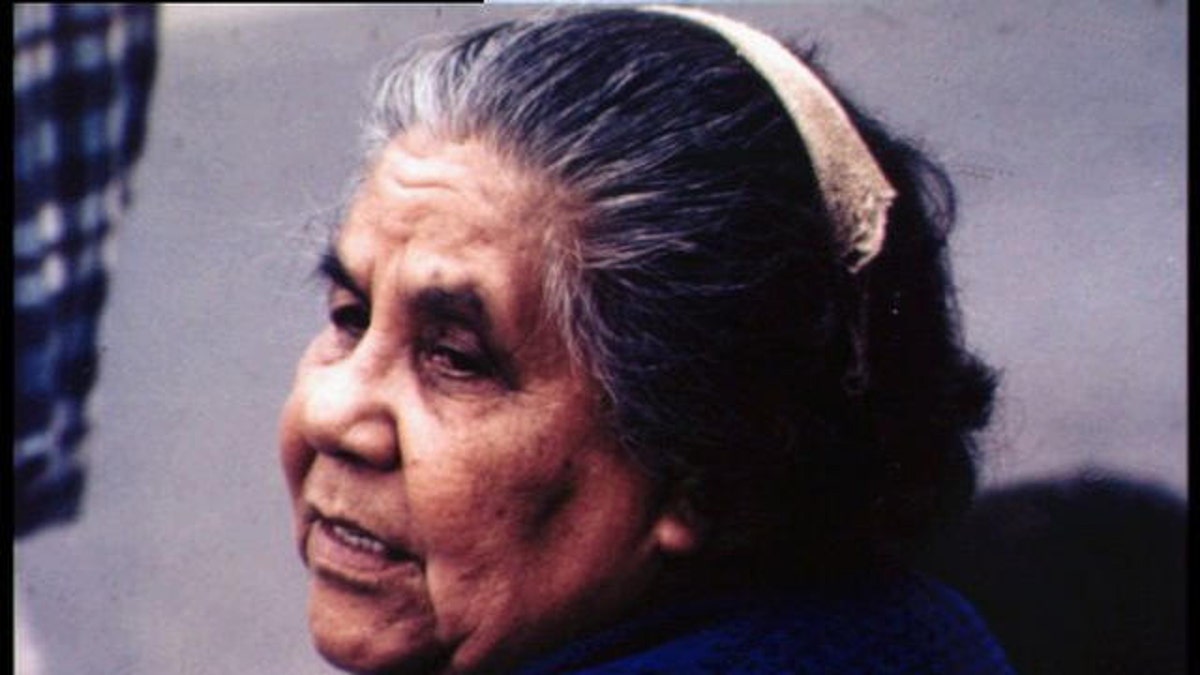
Old Latinos are a surprisingly tricky lot to pin down.
That's the word from Elizabeth Arias, the Cuban-born health scientist at the CDC’s National Center for Health Statistics who headed up the Center's historic, first-ever analysis of Hispanic life spans, released Wednesday. Broken out by ethnicity – rather than race – for the first time, the numbers revealed that, on average, Latinos live longer than both non-Hispanic whites and Non-Hispanic blacks.
But getting there wasn’t easy.
“I’ve been wanting to do this for years,” says Arias, who joined the NCHS in 2000. “We all have. But before we could do it we had to address a couple of challenges of the Hispanic population.”
First up: Dealing with the misclassification on state-issued death certificates. Until 1989, death certificates did not provide a spot to classify someone as Latino. In fact, “it took until 1997 for all the states and territories to get on board,” says Arias.
Even then, not all the certificates were correct. As many Latinos know, identifying as Hispanic doesn’t necessarily guarantee that’s how others will see you – and a certain amount of the time, local coroners tasked with filling out a death certificate get it wrong. Knowing how often it happens was crucial, so Arias did a little sampling in the very large data sets provided by the Census, comparing questionnaires filled out by living subjects to the death certificates that were issued once they passed. About 5 percent of Hispanics, Arias ascertained, had been misclassified.
With that percentage in hand, Arias was adjust her 2006 data set to more accurately reflect Latino deaths.
Last challenge: Figuring out how old some of these elderly really were. Apparently, it's a little known scientific fact verified by research – that there’s some prevarication going on.
“The very oldest people tend to misreport their age,” says Arias. “Partly it’s that they really don’t know how old they are. Even a few decades ago, black and Hispanic births were not necessarily recorded on birth certificates.”
But the other factor: “There’s a tendency to exaggerate. If you’re 95, you say you’re 100, because it’s more impressive to say you’re 100.”
Medicare data – usually one source of this information – can’t be used to fact-check, because until 1980, Arias says, forms only asked if someone was “black, white or other.” So, once again, Arias relied on a statistical model.
The end of all this modeling was the official word that, on average, Latinos live to 80 years and seven months –that's 2.5 years longer than far longer than non-Hispanic whites and 7.7 years longer than non-Hispanic blacks. Because CDC figures serve as the basis for all sorts of policy decisions, these numbers could lead to everything from greater funding for geriatric research among Latinos to a greater voice in the debate over the future of Social Security.
They’ve already led to a lot of satisfaction in the halls of the CDC.
“I’m very fortunate that I’ve been able to devote a lot of time to this project,” says Arias, who began her detective work back in 2005. “But Hispanics are the largest minority in the United States now. And we’ve been figuring out mortality for the white and black populations since 1900, so it’s time we produce it for Hispanics.”







































